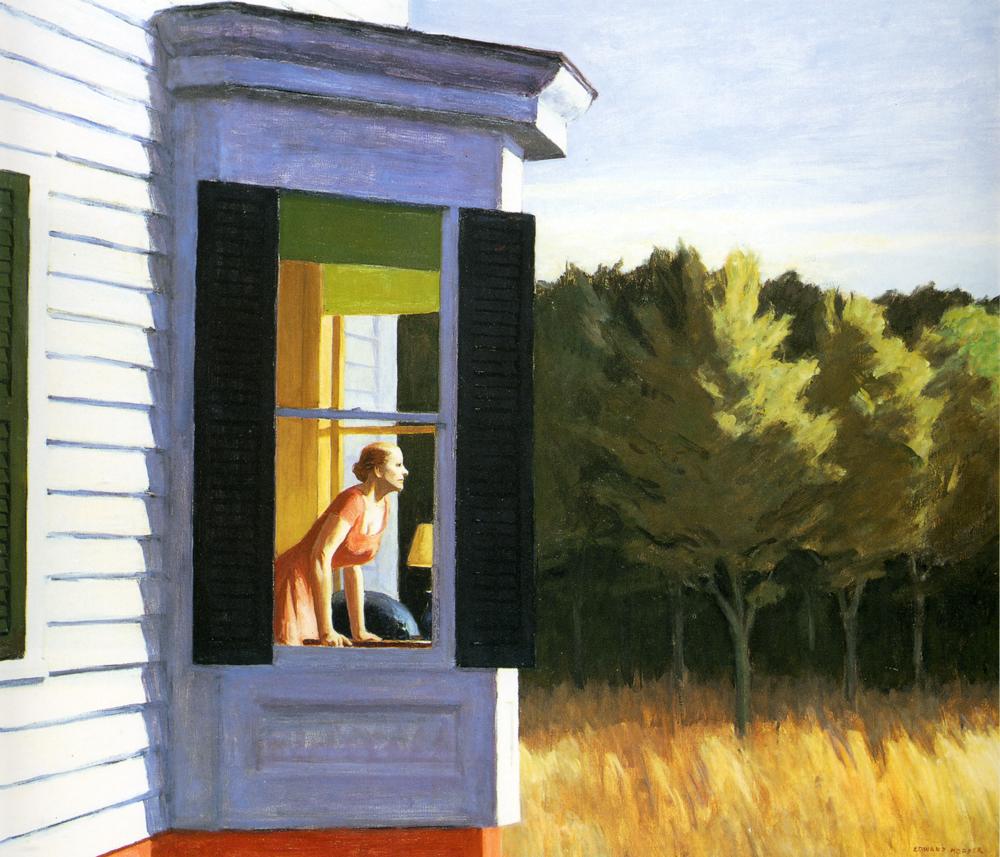Syzygy
by Nathan Cummings
Like syzygy, we collided
in the darkness, ricocheted,
twirled, aligned
(helped along by gravity?)
and were gone when the moon showed its face.
I told you the word at dawn,
and had to write it on a notepad
before you would believe me.
Many things sound impossible
before you put your tongue into them.
Listen.
Feel it in the roots of your teeth.
Let the zy and gy crackle
like the static on an old TV set,
turning sound galvanic,
making atoms tremble in ecstasy
until they leap skyward,
form rows and hang in the void to hear
the planets sing with one burning voice.
Let consonants carry you away.
Nathan Cummings has been appointed the West Region’s National Student Poet for 2013. This is the highest honor in the United States for youth poets presenting original work. Nathan currently lives in Mercer Island, a community which has afforded him many opportunities in the arts. These include playing the clarinet in marching and concert band and serving as the editor-in-chief of his high school literary magazine, Pegasus. Nathan is also a reader for two national teen literary magazines, Polyphony H.S. and The Adroit Journal. His experiences with Polyphony and Adroit, as well as his time spent at the Iowa Young Writers’ studio, have introduced him to a remarkably close-knit and supportive network of teen writers from across the nation. Nathan also participates in cross country and track and field at his school. Some of his favorite poems originate from ideas that first came to him during long, solitary runs.

Nathan Cummings pictured at the White House with Mrs. Obama (Nathan is just right of her) and his fellow National Student Poets. Read more about this excellent program here and here.
(This official White House photograph is being made available only for publication by news organizations and/or for personal use printing by the subject(s) of the photograph. The photograph may not be manipulated in any way and may not be used in commercial or political materials, advertisements, emails, products, promotions that in any way suggests approval or endorsement of the President, the First Family, or the White House.)
Poets In The Park from Alliance for Young Artists & Wri on Vimeo.

